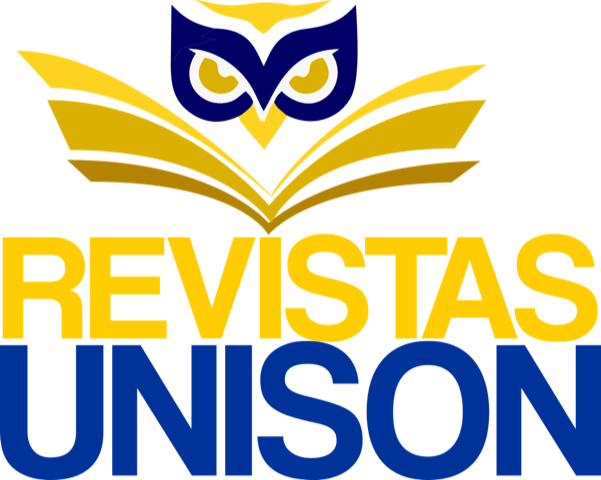Propóleo un aditivo y antioxidante natural en pollo de engorda
DOI:
https://doi.org/10.18633/biotecnia.v22i3.971Palabras clave:
Aditivo natural, Antioxidante, Flavonoides, Oxidación de lípidosResumen
En la actualidad hay restricciones para usar aditivos sintéticos en la producción de pollo en varios países, una alternativa es usar sustancias naturales pero tienen varias funciones y efectos sobre las aves. El objetivo de la investigación fue evaluar tres niveles 0, 100 y 200 mg de propóleos por kg1 de alimento en aves de engorda durante 42 días. El propóleo a 200 mg kg-1aumentó la conversión alimenticia (CA) en aves de tres semanas de edad (P<0.05), pero a 100 mg kg-1disminuyó la ganancia de peso (GP) en aves de seis semanas (P<0.05). El propóleo aumentó la cantidad de linfocitos, heterófilos y eosonófilos en aves de tres semanas (P<0.05) y los monocitos en aves de seis semanas (P<0.05). A 100 y 200 mg por kg-1de propóleo por kg de alimento disminuyó la urea en aves de tres semanas (P<0.05) y a 200 mg kg-1incrementó el colesterol y los triglicéridos en aves de seis semanas (P<0.05), pero 200 mg kg-1de propóleos evitó la oxidación de los lípidos en la carne de la pechuga (P<0.05).
Descargas
Citas
Althnaian, T. 2014. Influence of dietary supplementation of Garden cress (Lepidium sativum L.) on liver histopathology and serum biochemistry in rats fed high cholesterol diet. Journal Advanced Veterinary Animal Research. 1: 216-23.
Apráez, T., Martínez, J. y Riascos, R. 2015. Efecto de la aclimatación prcoz sobre metabolitos sanguíneos en pollos de engorde. Ciencias Animales. 43: 1-8.
Ávila-Ramos, F., Pro-Martínez, A., Sosa-Montes, E., Cuca-García, J.M., Becerril-Pérez, C.M., Figueroa-Velasco, J.L. y Narciso-Gaytan, C. 2012. Effects of dietary oregano essential oil and vitamin E on the lipid oxidation stability of cooked chicken breast meat. Poultry Science. 91: 505 -511.
Ávila-Ramos, F., Pro-Martínez, A., Sosa-Montes, E., Narciso-Gaytan, C., Hernández-Cázarez, A.S., Cibrián-Tovar, J., Gallegos-Sánchez, J. y Rodríguez-Castillo, J.C. 2017. Oregano oil use in broiler diet increases accumulation of carvacrol and thymol in breast meat. Acta Universitaria. 27: 34-39.
Bonomi, A., Morletto, F. y Binachi, M. 1976. Propolis in feeds for laying hens. Avicoltura, 54: 43-54.
Castañon, J.I.R. 2007. History of the use of antibiotic as growth promoters in European poultry feeds. Poultry Science. 86: 2466-2471.
Cetin, E., Silici, S., Cetin, N. y Güclü, B.K. 2010. Effects of diets containing different concentrations of propolis on hematological and immunological variables in laying hens. Poultry Science. 89: 1703-1708.
Chang, H., Wang, Y., Yin, X., Liu, X. y Xuan, H. 2017. Ethanol extract of propolis and its constituent caffeic acid phenethyl ester inhibit breast cancer cells proliferation in inflammatory microenvironment by inhibiting TLR4 signal pathway and inducing apoptosis and autophagy. BMC Complementary Alternative Medicine. 17: 1-9.
Chang, Y., Marie-Pierre, L.M., Marielou, G., Chorfi, Y., Sureh, G., Rouissi, T., Kaur, A. B., Cote, C., Avalos, R.A. y Godbout, S. 2018. Use of antibiotics in broiler production: global impacts and alternatives. Animal Nutrition. 4: 170-178.
Denli, M., Cankaya, S., Silici, S., Okan, F. y Uloucak, A.N. 2005. Effect of dietary addition of Turkish propolis on the growth performance, carcass characteristics and serum variables of quail (Coturnix coturnix japonica). Asian-Australasian Journal Animal Sciences. 26: 848-584.
Eyng, C., Murakami, A.E., Santos, T.C., Silveira, T.G.V., Pedroso, R.B. y Lourenco, D.A.L. 2015. Immune responses in broiler chicks fed propolis extraction residue supplemented diets. Asian- Australasian Journal Animal Sciences. 28: 135-142.
Fischer, G., Conceicao, F.R., Leite, F.P., Dummer, L.A., Vargas, G.D., Hubner, S.O. Dellagostin, O.A., Paulino, N., Paulino, A.S. y Vidor, T. 2007. Immunomodulation produced by a green propolis extract on humoral and cellular responses of mice immunized with SuHV-1. Vaccine. 25: 1250-1256.
García-Amaro, E. 1973. Modificaciones al sistema de clasificación climática de Kóppen. Instituto de Geografía-UNAM (ed) 5a. Ed. Pp 74-75. México, D.F.
Gheisari, A., Shahrvand, S. y Landy, N. 2017. Effect of ethanolic extract of propolis as an alternative to antibiotics as a growth promoter on broiler performance, serum biochemistry, and immune responses. Veterinary World. 10: 249-254.
Haščik, P., Elimam, I.O., Kročko, M., Bobko, M., Kačaniova, M., Garlik, J., Šimko, M. y Saleh, A.A. 2015. The influence of propolis as supplement diet on broiler meat growth performance, carcass body weight, chemical composition and lipid oxidation stability. Acta Universitatis Agricultural et Silviculturae Mendelianae Brunensis. 63: 411-418.
Haščik, P., Trembecka, L., Bobko, M., Kačaniova, M., Čuboň, J., Kunova, S. y Bučko, O. 2016. Effect of diet supplemented with propolis extract and probiotic additives on performance, carcass characteristics and meat composition of broiler chickens. Potravinarstvo. 10: 223-231.
Huang, S., Zhang, C.P., Wang, K., Li, G. y Hu, F.L. 2014. Recent advances in the chemical composition of propolis. Molecules. 19: 19610-19632.
Kumazawa, S., Hamasaka, T. y Nakayama, T. 2004. Antioxidant activity of propolis of various geographic origins. Food Chemistry. 84: 329-339.
Laskar, R.A., Ismail, S.K., Roy, N. y Ara, B.N. 2010. Antioxidant activity of Indian propolis and its chemical constituents. Food Chemistry. 122: 233-237.
NRC. 1994. Nutrient Requirements of Poultry. 9th rev. ed. Natl. Acad. Press, Washington, DC.
Orsatti, C.L., Missima, F., Pagliarone, A.C., Bachiega, T.F., Bufalo, M.C., Araujo, J.P.Jr. y Sforcin, J.M. 2010. Propolis immunomodulatory action in vivo on Toll-like receptors 2 and 4 expression and on pro-inflammatory cytokines production in mice. Phytotherapy Research. 24: 1141-1146.
Pfalzgraf A, Frigg M. y Steinhart, H. 1995. α-Tocopherol contents and lipid oxidation in pork muscle and adipose tissue during storage. Journal of Agricultural and Food Chemistry. 43: 1339-1342.
Salvador-Avalos, J.M., Contreras-Bunuto, D., Prado-Rebolledo, O.F., Contreras, J.L., Macedo-Barragán, R.J., García - Márquez, L.J., Morales-Barrera, J.E. y Téllez - Isaías, G. 2012. Efecto de un probiotico en pollos de engorda. Abanico Veterinario. 2: 28-31.
Seven, I., Aksu, T. y Seven, T.P. 2010. The effects of propolis on biochemical parameters and activity of antioxidant enzymes in broilers exposed to lead-induced oxidative stress. Asian-Australasian Journal Animal Sciences. 23: 1482-1489.
Sforcin, J.M. y Bankova, V. 2011. Propolis: is there a potential for the development of new drugs?. Journal Ethnopharmacology. 133: 253-260.
Sforcin, J.M. 2007. Propolis and the immune system: a review. Journal Ethnopharmacology. 113: 1-14.
Shaddel-Tili, A., Eshratkhan, B., Kouzehgari, H. y Ghasemi- Sadabadi, M. 2017. The effect of different levels of propolis in diets on performance, gastrointestinal morphology and some blood parameters in broiler chickens. Journal of Veterinary Medicine B. 20: 215-224.
Tayeb, I.T. y Sulaiman, B.F. 2014. Effect of propolis supplementation on productive performance in local quail. Iran Journal of Applied Animal Science. 4: 621-627.
Theuretzbacher, U. 2013. Global antibacterial resistance: the never-ending story. Journal of Global Antimicrobial Resistance. 1: 63-69.
Zhang, Y., Han, I., Bridges, W.C. y Dawson, P.L. 2016. Peach skin powder inhibits oxidation in cooked turkey meat. Poultry Science. 95: 2435-2440.
Publicado
Cómo citar
Número
Sección
Licencia
La revista Biotecnia se encuentra bajo la licencia Atribución-NoComercial-CompartirIgual 4.0 Internacional (CC BY-NC-SA 4.0)






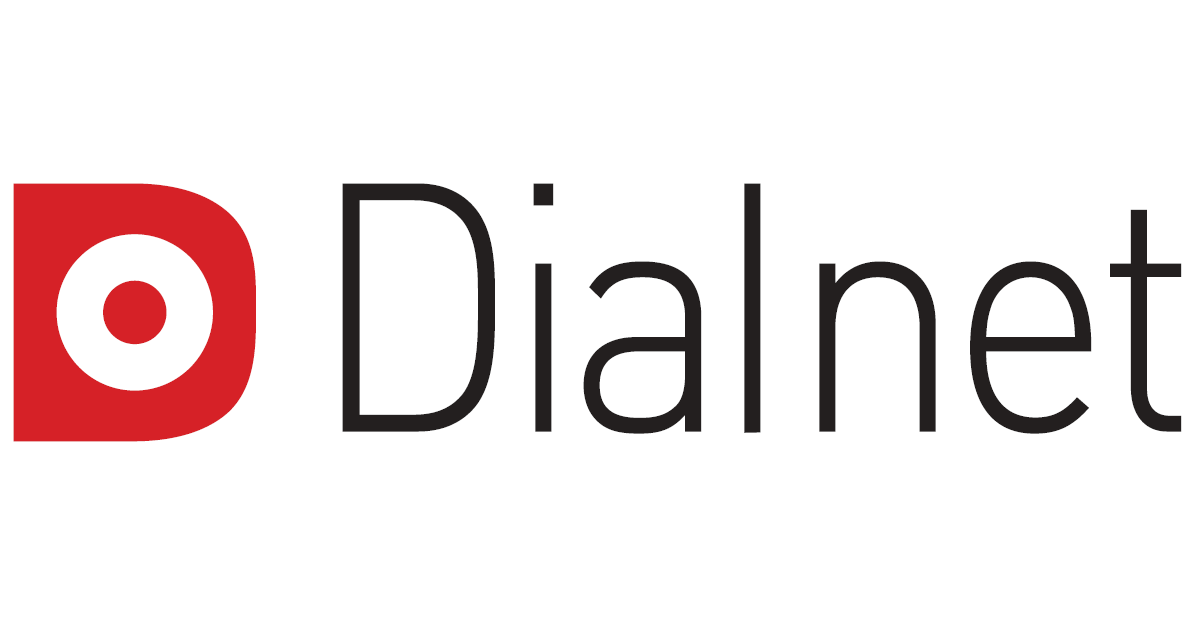

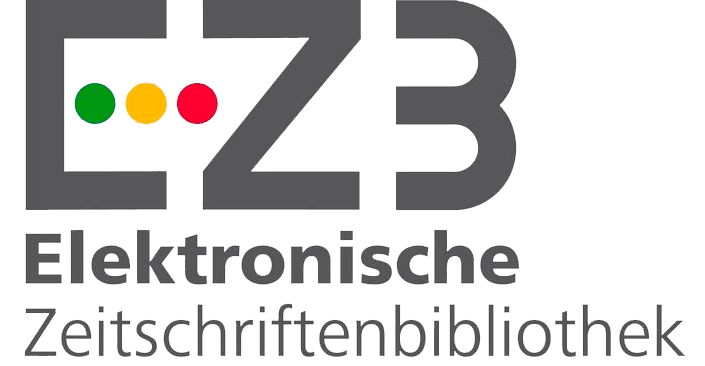


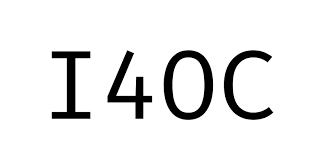


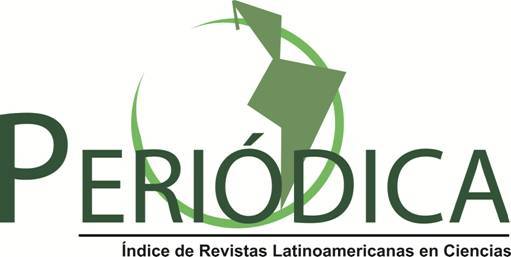

_(2).jpg)





